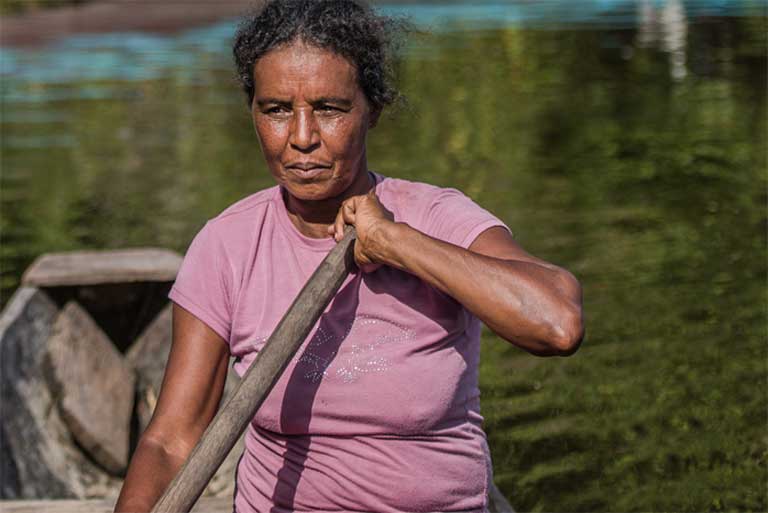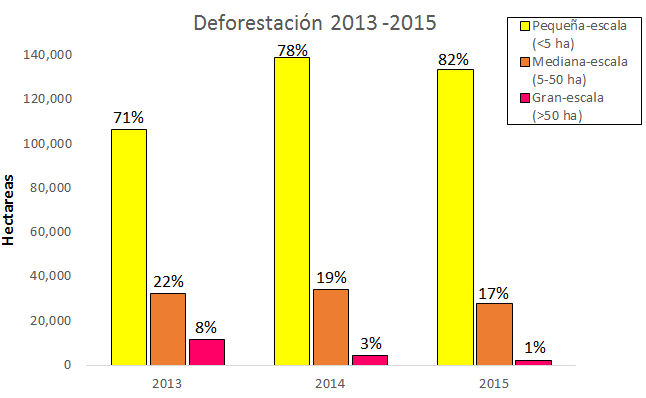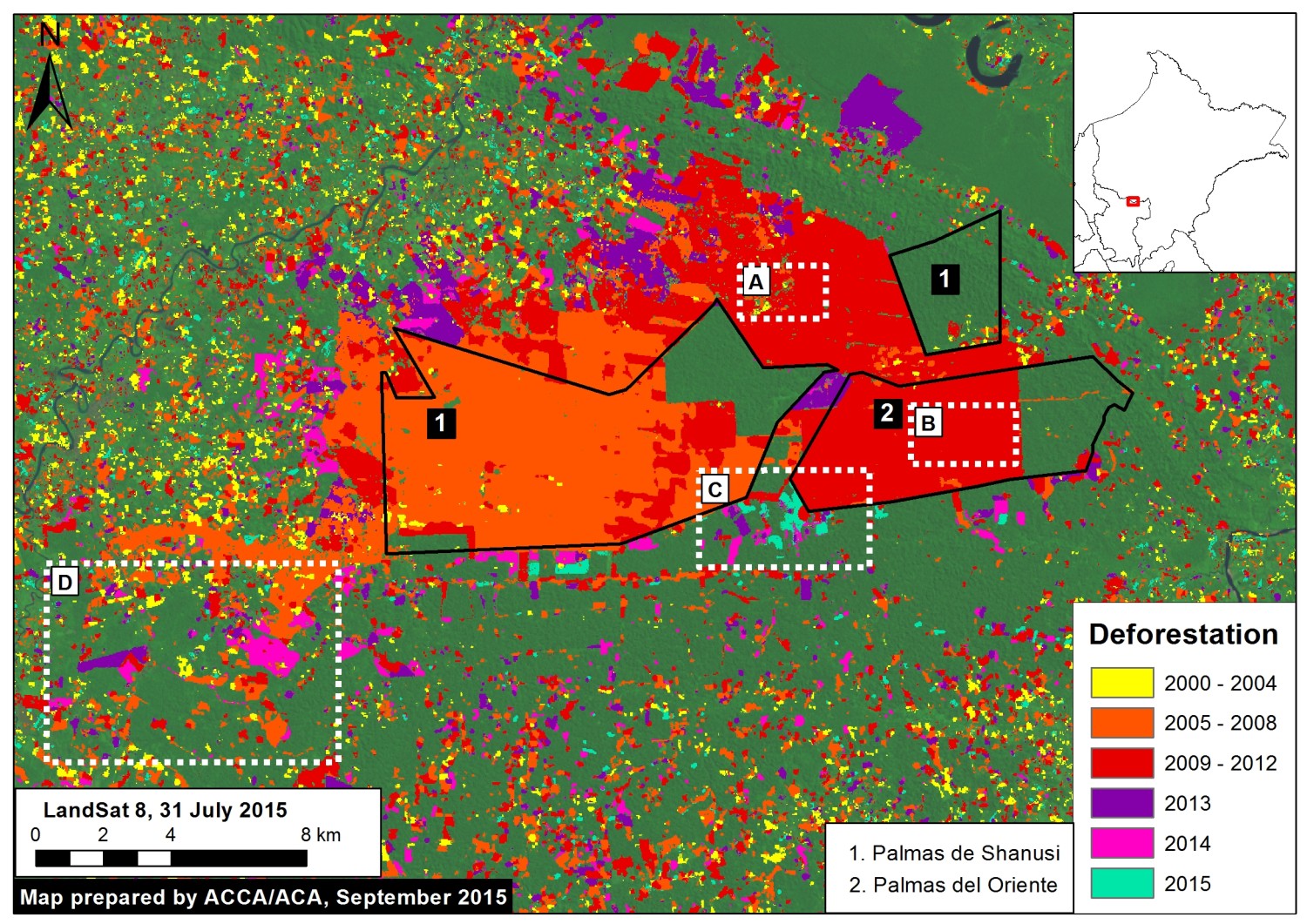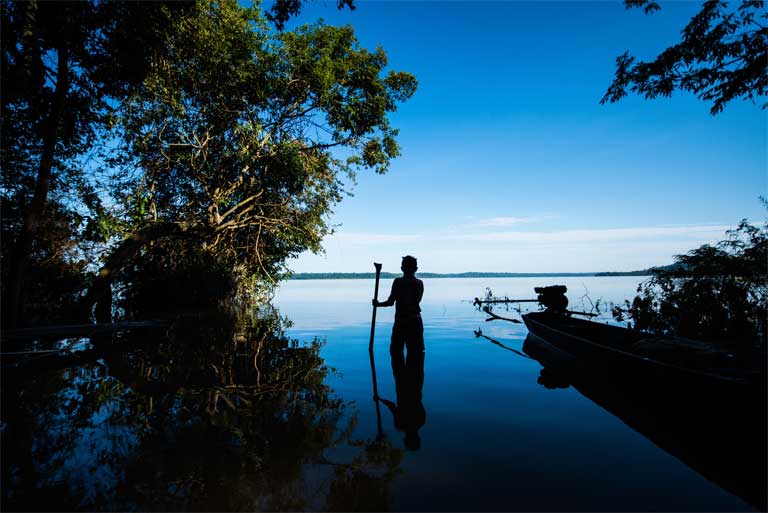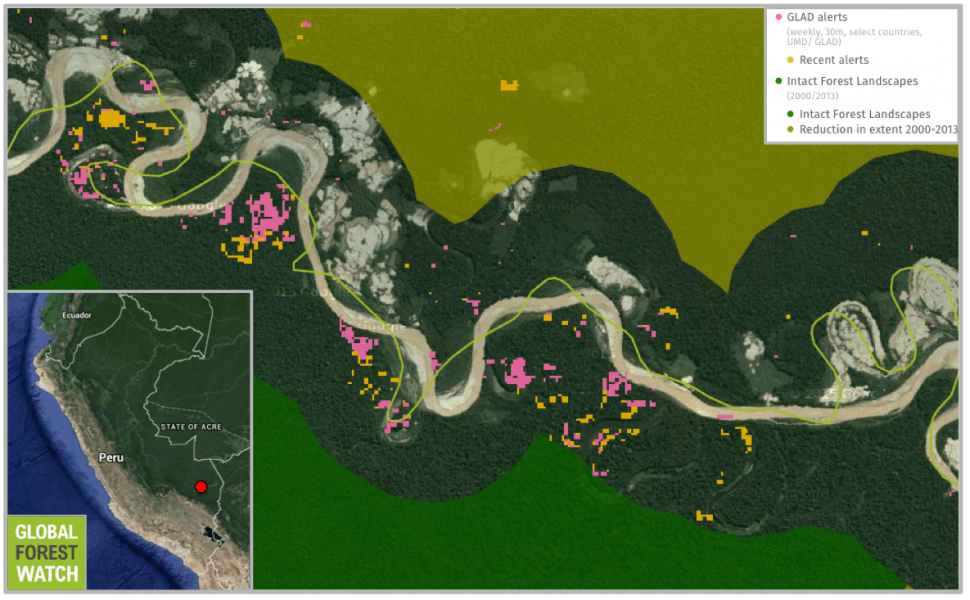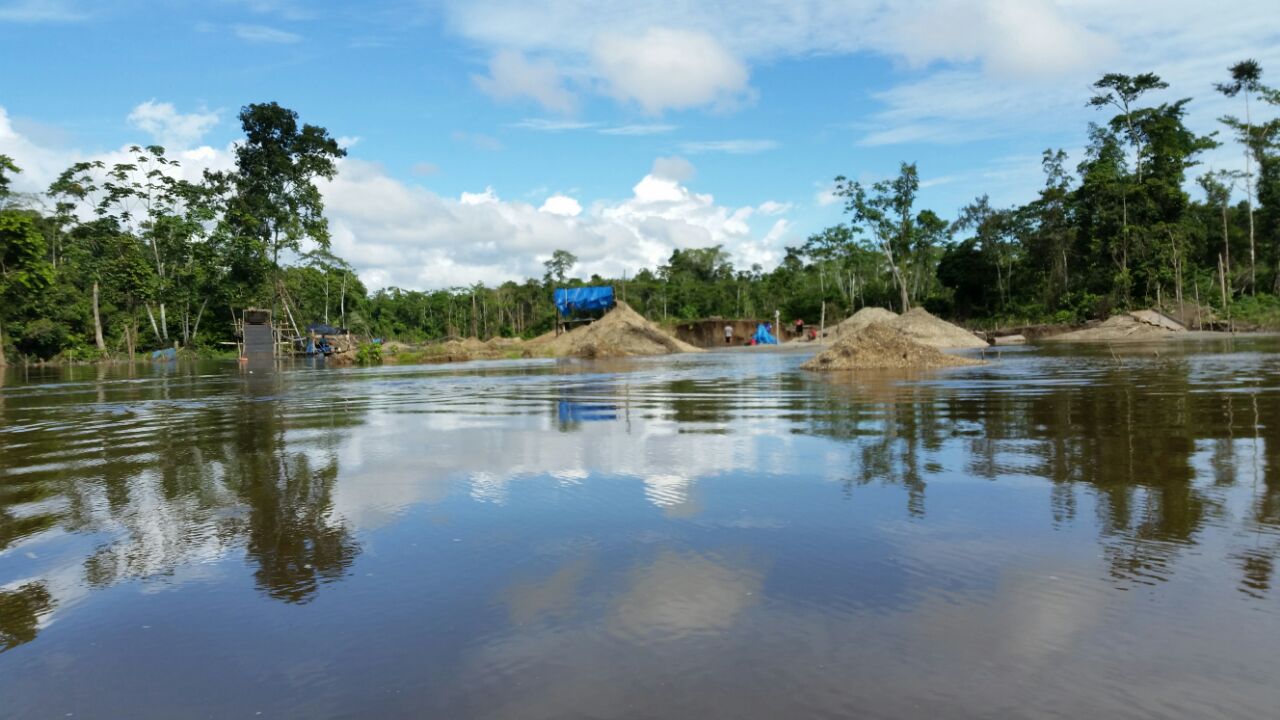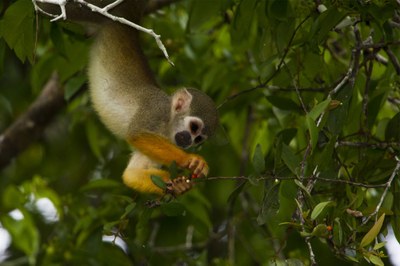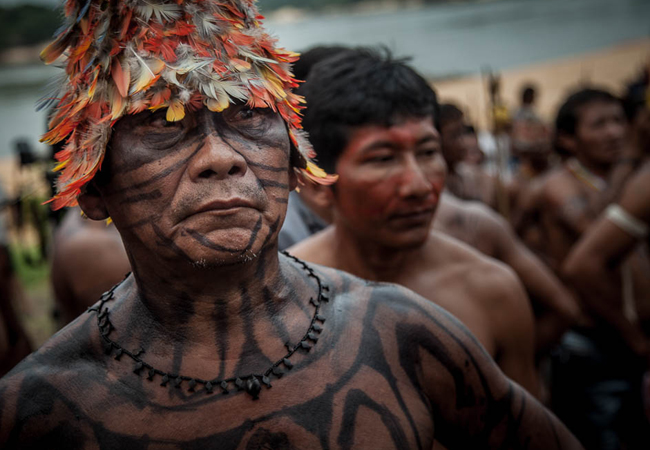As new ecological stations and other preserves are set up across Brazil, rural colonos and beiradeiros may be forced from their long-time homesteads.
News
Large slaughterhouses: The prosecutor who noosed deforestation
Daniel Azeredo’s persistence led him to understand the livestock chain in Pará and make a deal that turned slaughterhouses into forest guardians
Large-scale vs. small-scale deforestation in the Peruvian Amazon
Previously we presented maps of deforestation hotspots in the Peruvian Amazon for the periods 2012-2014 and 2015, respectively. In this MAAP we present a complementary analysis based on the size of the deforestation events.
Peru’s climate commitments threatened by advancing oil palm
The way Peru is pushing the production of oil palm in the Amazon is weakening these pledges.
Amazon mega-dam suspended, providing hope for indigenous and biodiversity
The São Luiz do Tapajós mega-dam has been suspended by Brazilian authorities in a surprise turnaround that recognizes the presence of indigenous territories in the dam’s vicinity.
Gold mining ramps up, pushes deeper into Peruvian reserve
New data indicate a big surge in gold mining in and near Tambopata National Reserve over the past few months.
Río Santiago, the last frontier of Peruvian illegal mining
New threats and little state presence make indigenous intend to bring their demands to international courts.
Hot and humid climate of the Amazon favors Zika virus, says researcher
Scientist says that to fight diseases transmitted by the mosquito Aedes aegypti, the best way is prevention. “The only tool we have is still fighting the vector.”
Water monkeys: primates living in flooded areas
Book includes knowledge about primates living in flooded environments around the world, explaining the animals’ relationship with these places and how research can help in their conservation.
Brazil recognizes Sawré Muybu traditional territory of indigenous Munduruku
The National Indigenous Foundation of Brazil published studies for identification and delineation of four indigenous territories, recognizing the traditional occupation of the people living in the areas.


